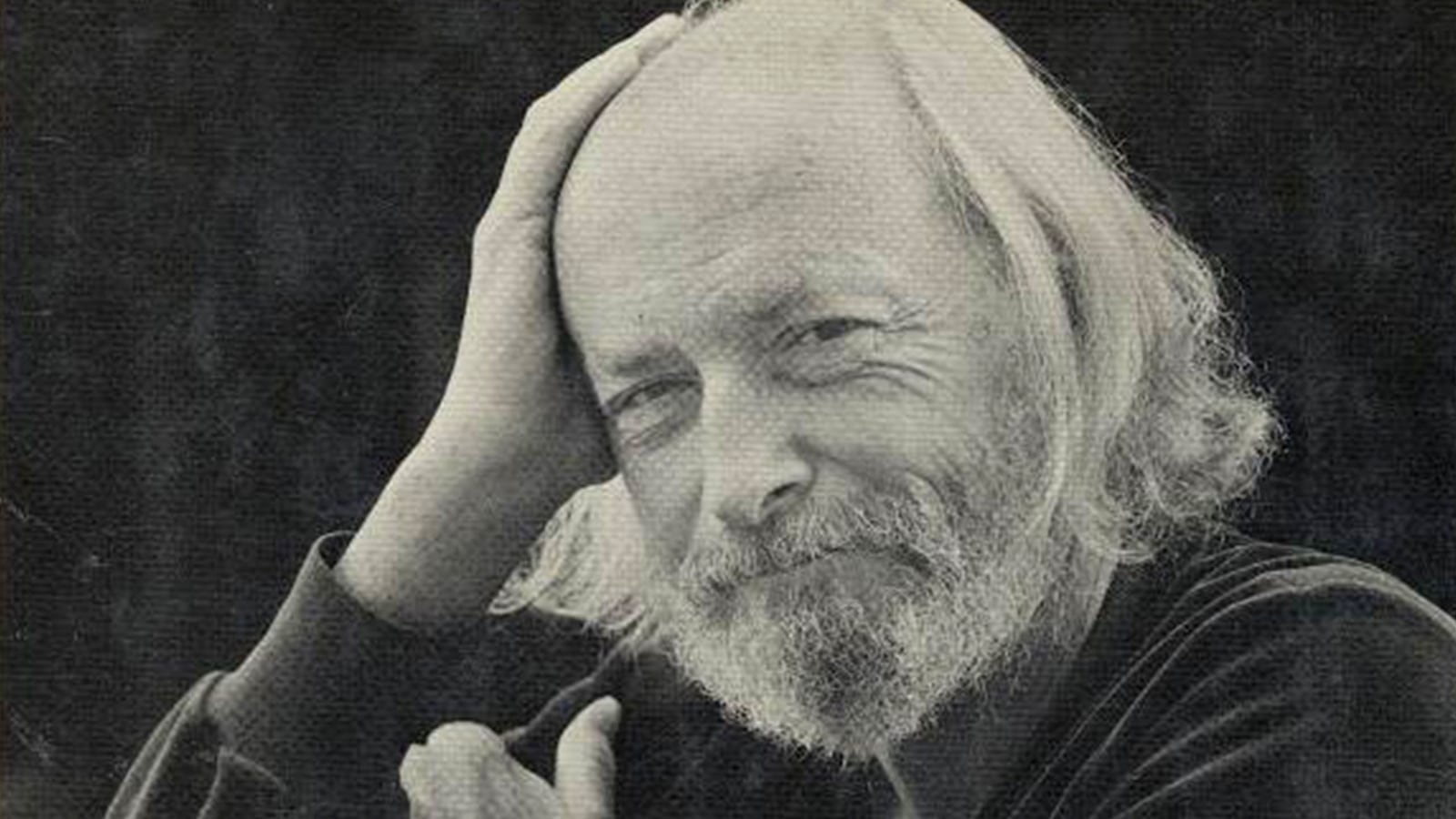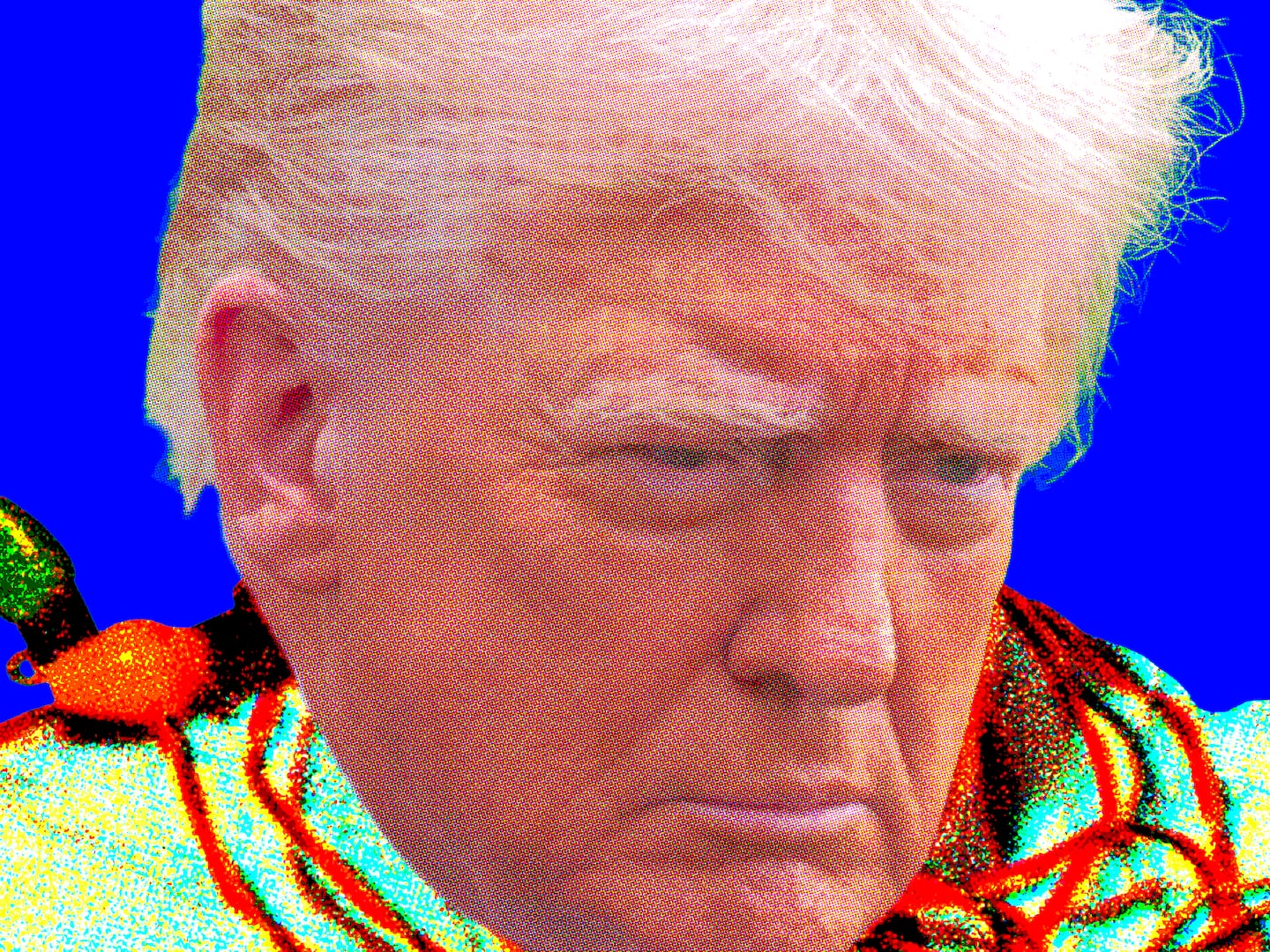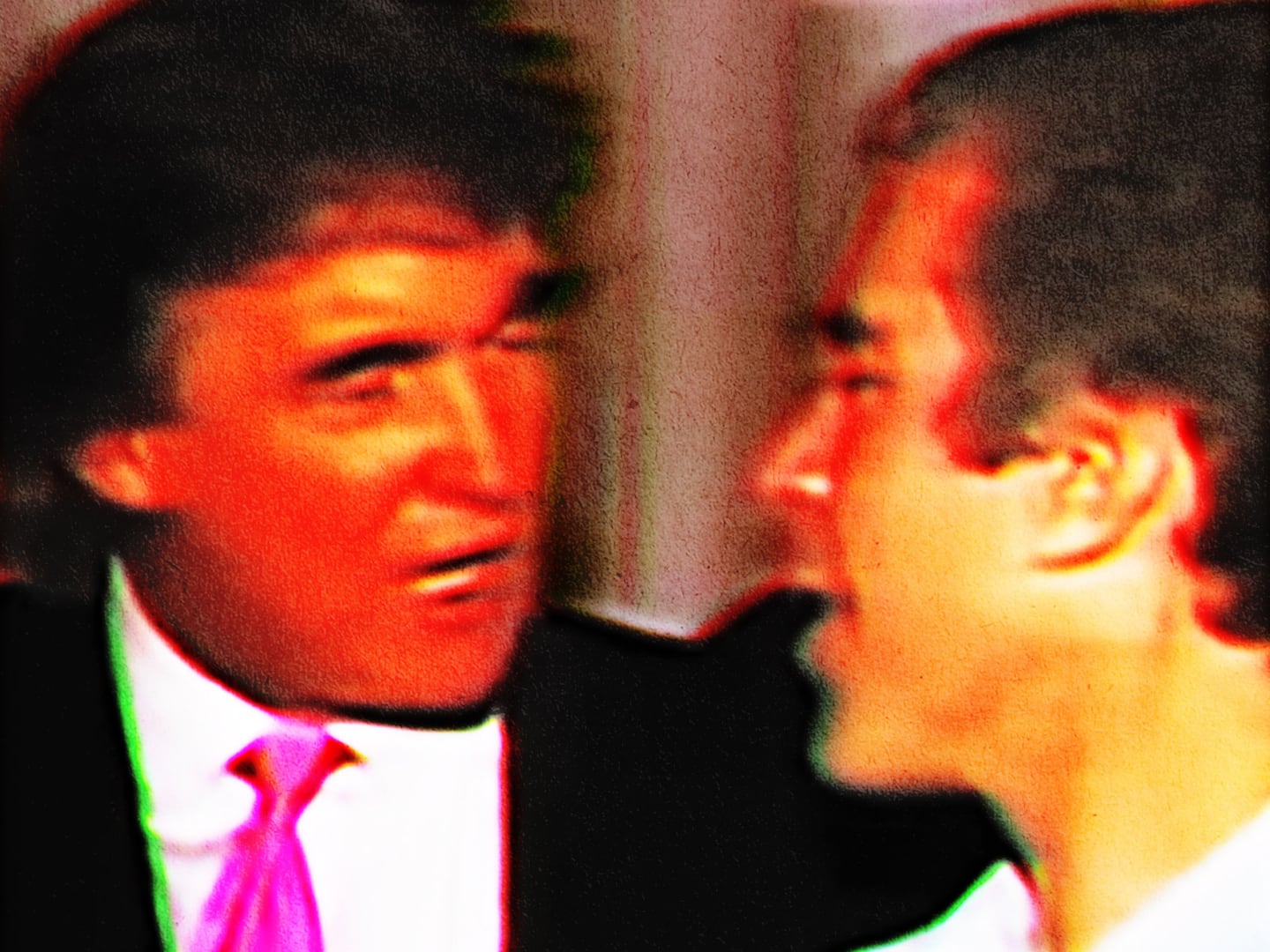The gun Don used, he kept in the drawer of his writing table at the window, where he always worked. A nickel-plated Glock 9-mm automatic pistol. The drawer was the typical shallow top-drawer below the desk surface, where ordinarily a working writer keeps pencils and pens and paper clips; but in Don’s case the gun was the only thing in there.
This was the only time I was ever in his apartment. I forget the reason. It might have been that he needed a ride to the doctor; it might have even been to pick up the early manuscript of this book, Fridays at Enrico’s,” printed in dot-matrix, on 8½ by 11 stationery. That 8½ by 11 stationery will perhaps soon go the way of dot-matrix printers, as those white rectangles—and their crisp rattle in the hand, their tendency to spill, or flip away in a breeze—will be replaced by pixels on screens, in editorial offices everywhere. Anyway, that was the medium, then, for transmitting prose: a stack of loose pages. Maybe nobody will miss paper when it’s gone. In any case, the bright flood of pixels is something Don hasn’t been here for.
This was the one-room studio in Mill Valley, California near The Depot. He used to say that men should be ashamed before women, because they don’t make their own beds, and they don’t do the dishes; and they ought to; and they know they ought to. And looking around his room, I noticed that the narrow bed was made up in taut military style; and by the sink, his teaspoon was drying in a rubber dish rack.
Don was hardly a saint or monk, exactly, but he did have a code. It was a writer’s code, and it was really a kind of knight-errantry, knight-errantry being a peculiar element in male psychology, but also an element in every real writer’s conduct. The purpose of the gun was always to take himself out, never to hurt anybody else. He said you want an automatic pistol in order to be able to get off another shot fast, in case your first shot is inefficient. I found it remarkable that for years he’d done his work with that tool lying directly under his writing surface, one inch away.
Don’s particular shtick was, he told the truth. That was his angle: writers are people who tell the truth, at their own peril. He had X-ray vision, which amounted to an analytic harsh beam upon the true venality of human motives. I remember being worried by his view of human nature, in A Blade of Light and Hard Rain Falling. Later his work became more forgiving—in From a Distant Place and of course in this last milestone. But early on, his fictional people so often took the easy diagonal cut for betrayal.
Don himself was bottomlessly generous and vulnerable and forgiving. When I was having some good luck at the start of a literary career, he was a great guide through the world of publishing I was entering. He’d had his share of good luck. Been on the best-seller list back when it meant something. Made a movie (Payday). His x-ray vision lit my path, somewhat, and I often worked it out so that my daily quitting-time would coincide with his—late morning—as did a few other people at that small circular marble-top table in The Depot, the one immediately next to the high-traffic zone, center-of-the-room, where he sat up straight keeping an eye on the plaza outside, and where he played the role of village Diogenes.
While he had sharp opinions, he was also mighty self-effacing and even humble—he’d been humbled, in a few different ways, as I think he’d also once, as a young man, been arrogant (at least that’s how he advertised himself)—and he was able to see himself in an absurd light, too.
One time, he’d had some luck and been hired by a Japanese production company to do a first-draft feature-length screenplay about The Life of the Buddha. A “bio-pic.” He was delighted with the semi-absurd project. And the money was good. He had to go meet the producers, and with his new money he bought himself an expensive leather jacket, in the old bomber-squadron style. This he wore to meet the Japanese movie executives, not noticing until it was too late that the jacket’s shoulder patch said “Enola Gay.” Which was the plane that carried the bomb over Hiroshima in 1945. The movie never got made, as movies often don’t. But Don was happy with the money and the funny story.
It’s a commonplace that feelings of guilt are part of mourning any death, and that feelings of guilt strike everybody who ever cared about the one who died. Well, I’ve had some of that. Part of my re-reading of Fridays at Enrico’s was personally a diagnostic one: here was the portrait of a writing life, of writing friendships. On the day when he pulled open the drawer to show me the gun, I wonder, what I was thinking? Honestly, I think I must have thought he was always the one giving me pointers, and I must have thought he knew what he was talking about. I’m not sure I should have remarked, complacently, that when the time comes, I personally plan on sticking it out until something else kills me, no matter the misery. Because that is only an attitude, not necessarily any real wisdom. And a namby pamby thing to say, anyway, to a man who had clearly thought more deeply and consequentially about this than I. Don was giving me another tip. As he’d always done.
In his own case, he was pretty ill. As for his career, he used to say he “couldn’t get arrested,” though he went on all his life subscribing to the show-biz periodical Variety, watching the trends. Also, his vision was going—I think it was macular degeneration—and a brilliant man who can’t get ready access to words is really sunk.
The view out his window, above the writing desk, was of a gravel parking lot (yes, Mill Valley used to be a town where non-productive real estate lived and thrived at its very heart: plantain and wild fennel and crabgrass). And he looked over the flat roof of Varney’s Hardware. Varney’s is gone. Its place was taken by a Wilkes Bashford, where a shirt could cost you $300; and then after some walls were knocked out the place was enlarged to become a big Banana Republic flagship store. I don’t know what it is today. I do know that the Enrico’s location in North Beach—after a long period of decline when the terrazzo floor was breaking up—has been revived as a place called “Naked Lunch,” as a lure for tourists. The Mill Valley Market has grown and offers a deluxe delicatessen. On Miller Avenue a really heavenly Whole Foods store exists where once Jerry’s Meats was, creating a parking problem Jerry’s Meats never had. Jerry’s Meats housed a pokey little post office, from which sometimes I mailed out manuscripts, in a hopeful state of mind.
As for The Depot, it used to be just a “depot,” for buses. The architecture has been reconfigured. Where now the outdoor café tables are, right there, buses used to pull up and flush their air-brakes. In the pouring rain. It always rained then. The building had a smaller footprint, and inside the only effort at hospitality was a candy rack; and some enterprising person sold wrapped muffins, and coffee from hotplate carafes. But there were racks of paperbacks. It was already the seed of a literary place. Thursday nights were poetry open-reading nights. I once asked if I could lower the tone and be allowed to read a short story. It was the first form of publication I ever had.
All that is gone, now, and the world is arguably a much better place with Banana Republic and Whole Foods, and wi-fi at the Depot, and the good sandwiches at the Mill Valley Market. Don is missing out on that. When we, today here in this room, have all kicked off, the world will presumably go on improving in our absence. That’s a good thing, if strange to think of. What will remain of us is just the work we did. In Don’s case—and for much of it, his editor, Jack Shoemaker, gets credit, too—we’ve got these sharp, dispassionate, sometimes unforgiving, hard-wrought novels A Blade of Light, Hard Rain Falling, The Dispossessed, A Couple of Comedians, From a Distant Place, Class of 49, The True Life Story of Jody McKeegan, Turnaround, and now this book, Fridays at Enrico’s, which is partly a portrait of a writing community. Of friendships going on, through good times and bad. A last novel that is really all about forgiveness.
Louis B. Jones is the author of the novels Ordinary Money, Particles and Luck, and California's Over. He has been working on a series of three short novels, Radiance, Innocence, and Immanence—the first two of which have been published by Counterpoint Press.






